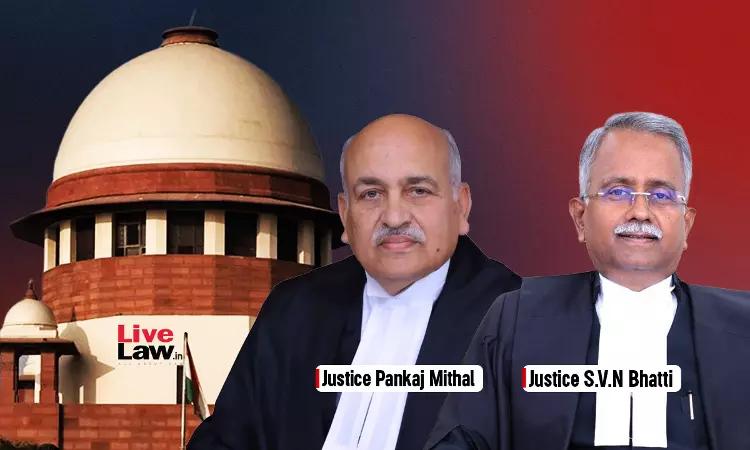Supreme Court Flags Lenghty Pleadings & Use Of AI-Generated Statements, Asks Courts To Strike Out Unnecessary Pleadings In Civil Suits
Yash Mittal
9 April 2025 1:00 PM IST

Pleadings should be concise and should not be confusing, the Court said.
Next Story


